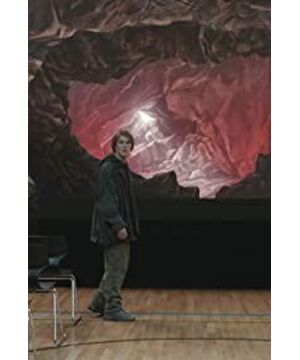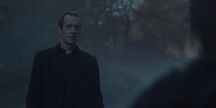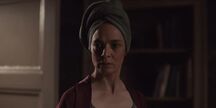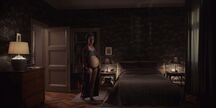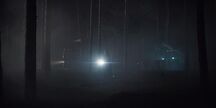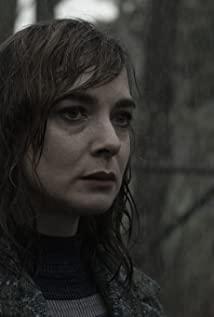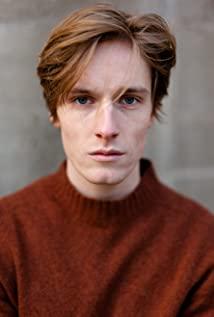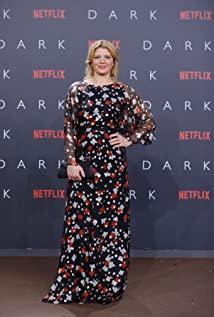"All things come and go, and the wheel of existence is always turning. All things are born, and all things die, and the time of existence runs forever. Separation and unity, the ring of existence, always faithful to yourself, and there is survival in every moment. Beginning, the ball 'there' revolves around each 'here', and the center is the all-pervading eternal road that twists and turns." "You are forever! Love the world forever! And say to the world in pain: 'Go on' But come back!' For all happiness demands eternity." "God on the cross is a curse on life, a signpost for salvation by life. Dionysian being cut to pieces is a promise to life: he will be Rebirth and Return in Destruction." This is Nietzsche's words in "Cha". If you read it carefully, you can find that: this is almost the most essential and accurate summary of the plot of the play, even including love, pain, and balls.
Every main character in the play is like Nietzsche's Sisyphus, who knows it's impossible and works hard for it, trapped in a painful cycle. And it should be Nietzsche's so-called superman who really breaks through this wheel of absurd suffering, including Claudia and Jonah and Martha, whose will drives change, and finally transcends personal emotions and existential needs to destroy the wheel of absurdity.
From this point of view, the screenwriter is a true fan of Nietzsche.
View more about Deja-vu reviews


